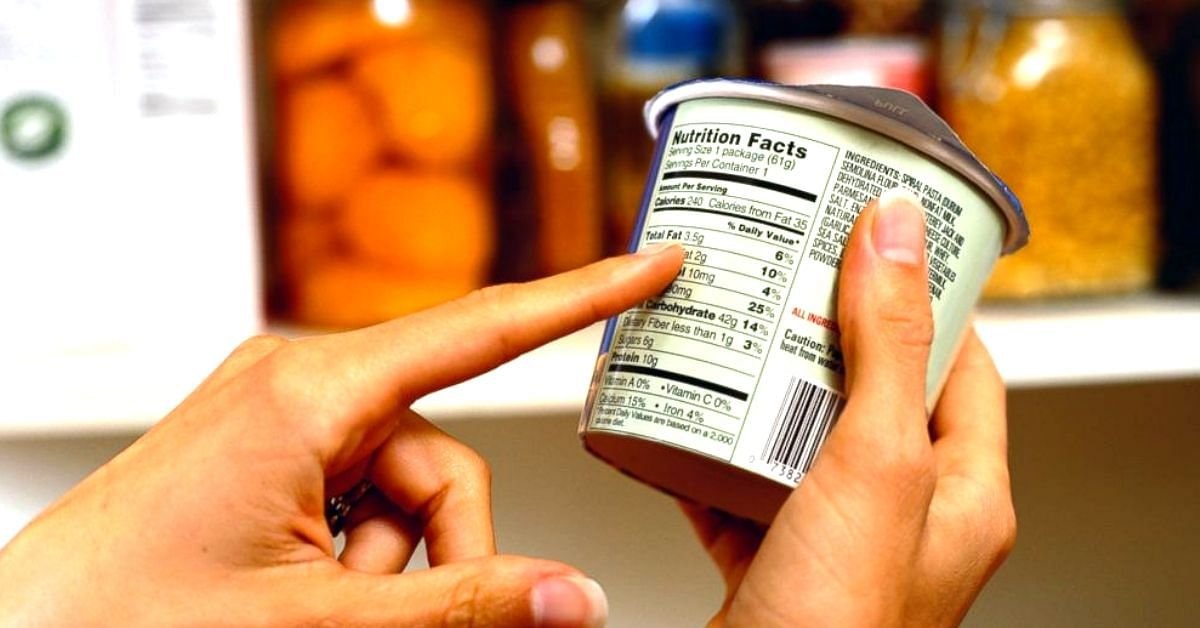Inside BENEO’s new pulse plant: pioneering sustainable protein from faba beans
FSSAI is almost all set to finalise the label design and a nutrient profile model for the country
At the 65th Annual National Conference of Indian Public Health Associations, (IPHA CON) which coincided with PM Modi’s speech at the United Nations General Assembly (UNGA) speech and the ongoing United Nations Food Systems Summit (UNFSS), doctors and public health experts urged that strong measures like warning labels on the front of food and beverage packets should be a priority for India if it were to avert a catastrophic public health crisis.
Citing studies that have clearly established ultra-processed foods (UPF) as the biggest risk factor for many cancers, heart diseases and for increasing probability of deaths due to cardiovascular diseases, doctors urged that a safer food system should be the topmost concern.
Dr Sanghamitra Ghose, Secretary General of Indian Public Health Associations (IPHA) said, “Adoption of an effective front-of-pack labels, preferably one that is interpretive and simple, is a critical policy tool and as doctors interacting with the rapidly escalating non-communicable diseases (NCDs) crisis, we know the importance of this measure. If we are to safeguard the health of our youth and children, the time to fix the food system is now.”
Drawing from her experience of working across multiple countries on food policy, Vandana Shah, Regional Director, Global Health Advocacy Incubator said, “There are two key measures of FOPL’s success – when consumers change their buying patterns which in turn encourages industry to reformulate. Studies coming in from Chile are already showing a significant reduction in consumption of sugar and salt consumption as well as industry taking steps to make their products healthier based on consumer shifts – all this with no economic loss to the industries. The right type of FOPL can actually encourage a whole paradigm shift – all the more reason why India, which accounts for 25% of the global burden of heart disease, cannot afford not to get it right the first time.”
Experts have been saying that a weak labelling system will harm more than benefit. With seven years of deliberation behind it, India can no longer afford to experiment with less than adequate choices such as the traffic light label or the health star rating system.

